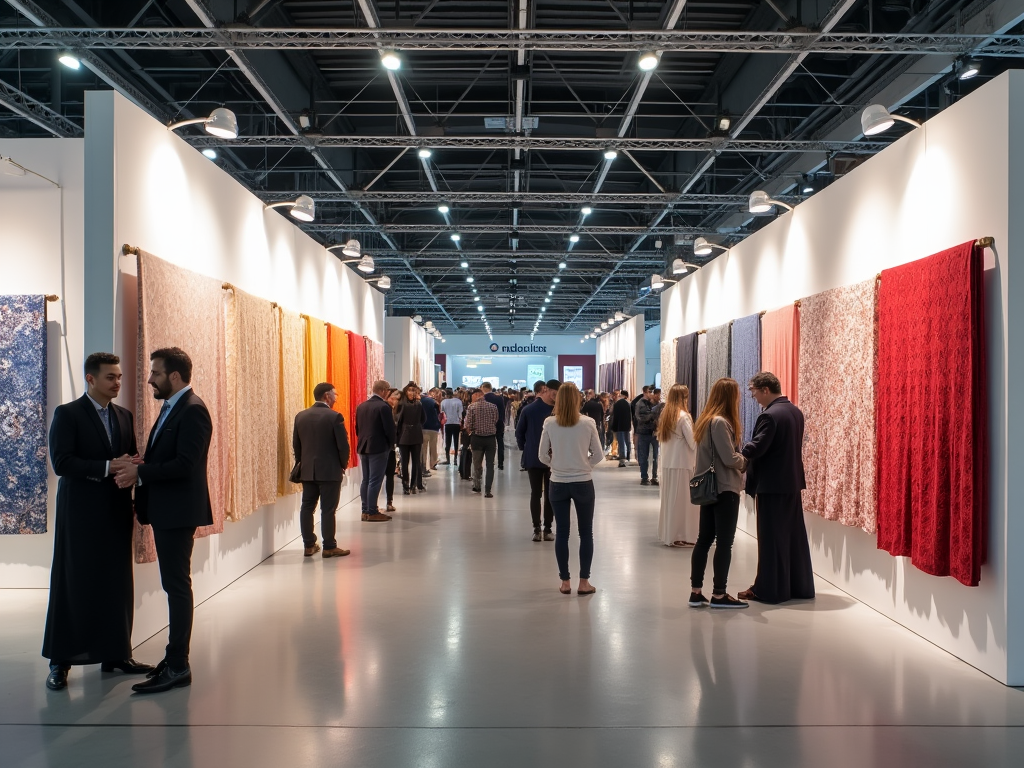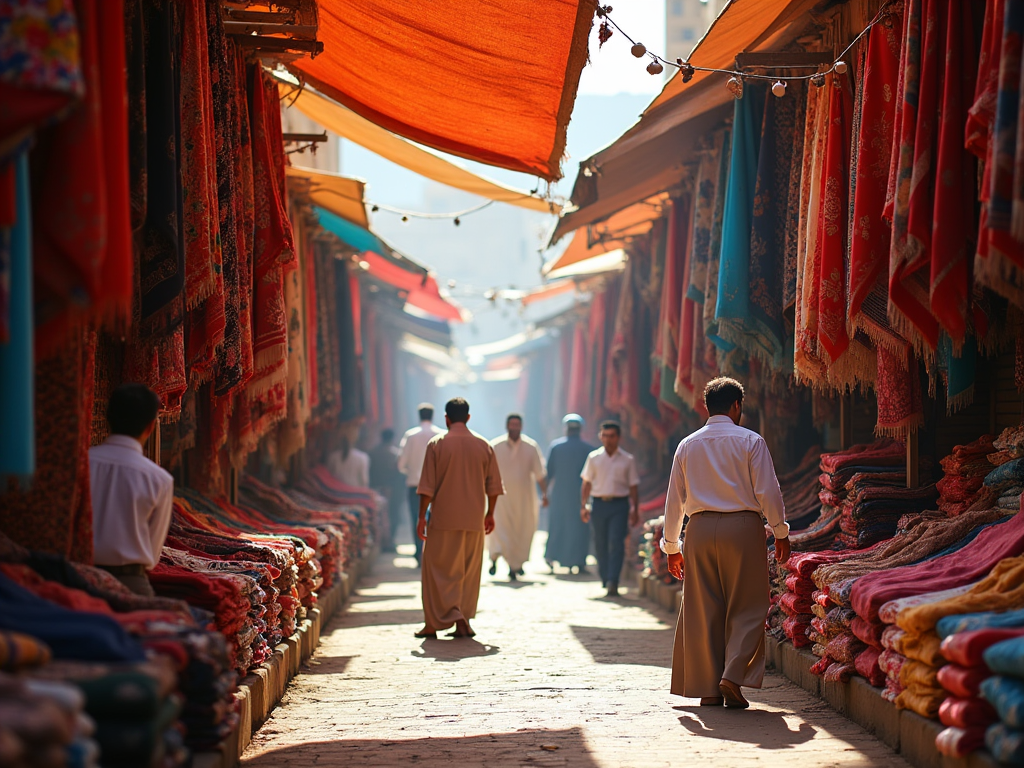Textile trading in Dubai is a vibrant and lucrative industry that attracts entrepreneurs and established businesses alike. With its strategic location, favorable business environment, and ever-growing demand for textiles, Dubai proves to be a prime hub for textile trade. In this article, we will explore key business tips that can help you successfully navigate this industry, ensuring profitability and sustainable growth.
Understanding the Textile Market in Dubai

The textile market in Dubai is diverse and dynamic, covering everything from luxury fabrics to affordable everyday clothing. It is essential for prospective traders to understand the market’s specifics before venturing into this space. One of the most significant advantages of trading textiles in Dubai is the city’s robust logistics and supply chain infrastructure, which facilitates easy import and export operations. Additionally, Dubai is home to several international trade fairs and exhibitions that focus on textiles, providing a platform for networking and discovering new market trends.
In understanding the textile market, it is vital to identify key customer segments. These can include:
- Retailers looking for unique fabric sources
- Wholesale distributors targeting smaller boutiques
- Local designers in need of high-quality materials
- Online businesses catering to niche markets
By comprehensively analyzing these segments, traders can tailor their offerings and marketing strategies to meet specific customer needs, thus driving higher sales and customer loyalty.
Choosing the Right Location for Your Business

Dubai boasts numerous trading hubs, each with its unique advantages. Choosing the right location for your textile trading business will significantly impact logistics, accessibility, and customer reach. For instance, areas like Bur Dubai and Deira are iconic textile markets, renowned for their variety of products and foot traffic. Establishing your business in these bustling areas can boost visibility and attract a wide customer base.
Moreover, it’s worth considering the proximity to major ports, airports, and distribution centers, which can streamline import and export processes. Here are some key locations to consider:
- Bur Dubai: Known for its extensive markets and fabric shops.
- Deira: Offers a rich mix of wholesale and retail options.
- Jebel Ali Free Zone: Ideal for large-scale importing/exporting operations.
- The Dubai Mall: For those targeting high-end consumers.
Each of these areas has its own unique customer demographic, so choosing wisely can result in successful customer engagement and higher returns.
Building Relationships with Suppliers
Establishing strong relationships with suppliers is crucial in the textile trading business. A reliable supplier can not only ensure quality but also provide favorable payment terms and support logistics. It’s important to assess potential suppliers based on their product quality, pricing, and responsiveness. Attending trade shows and exhibitions can be an effective method for finding credible suppliers and negotiating deals face-to-face.
Once you’ve established contacts, maintaining an open line of communication is essential. Regular updates and feedback can help strengthen these collaborations and address any concerns promptly. Additionally, consider the following tips:
- Always verify supplier credentials and previous trade history.
- Request samples before finalizing bulk orders.
- Negotiate contracts that provide flexibility for fluctuating market demands.
- Visit suppliers’ facilities if possible, to assess quality control.
By prioritizing strong supplier relationships, you can ensure a steady supply of quality materials, which in turn fuels your business growth.
Even if you have top-notch products, without effective marketing strategies, your business may struggle to gain visibility. The textile market is competitive, so meaningfully engaging your target audience is of utmost importance. Implementing an omnichannel marketing approach can help reach a broader audience, combining both online and offline channels.
Some effective marketing strategies include:
- Utilizing social media platforms to showcase your products visually.
- Creating a user-friendly website with detailed product listings and e-commerce capabilities.
- Participating in local trade shows and exhibitions to network and engage with customers face-to-face.
- Offering promotions or discounts to attract first-time buyers.
- Leveraging email marketing to keep your customers informed of new arrivals and special offers.
A well-rounded marketing strategy not only increases brand visibility but also cultivates lasting relationships with your customers. Engaging content and consistent communication will position your textile trade business as a credible and trustworthy source in the industry.
Conclusion
Textile trading in Dubai presents a wealth of opportunities for entrepreneurs willing to invest time and resources. By understanding the market landscape, choosing the right location, building solid supplier relationships, and implementing effective marketing strategies, you can enhance your chances of success in this dynamic industry. With a focus on customer satisfaction and quality product offerings, your business can thrive in Dubai’s textile market, capitalizing on its global reach and unique customer demographics.
Frequently Asked Questions
1. Is Dubai a good place for textile trading?
Yes, Dubai is an excellent location for textile trading due to its strategic location, strong logistics infrastructure, and diverse consumer market.
2. What are the main types of textiles traded in Dubai?
The main types of textiles include luxury fabrics, traditional garments, ready-made clothing, and innovative sustainable materials.
3. Do I need a business license to trade textiles in Dubai?
Yes, obtaining a business license is mandatory for trading textiles in Dubai. You can apply through the Dubai Department of Economic Development.
4. How can I find reliable suppliers for my textile business?
Attend trade fairs, conduct online research, engage in networking events, and check business directories to locate reliable suppliers.
5. What marketing strategies work best for a textile trading business?
Utilizing social media, email marketing, online sales platforms, and engaging in local trade fairs can greatly improve visibility and sales for a textile business.
